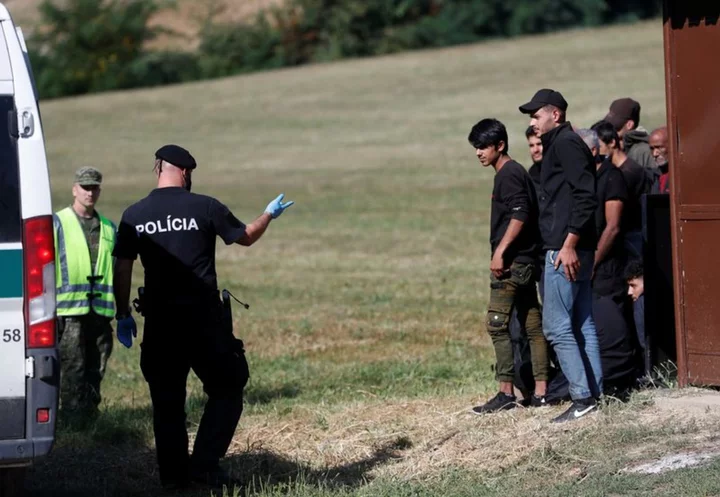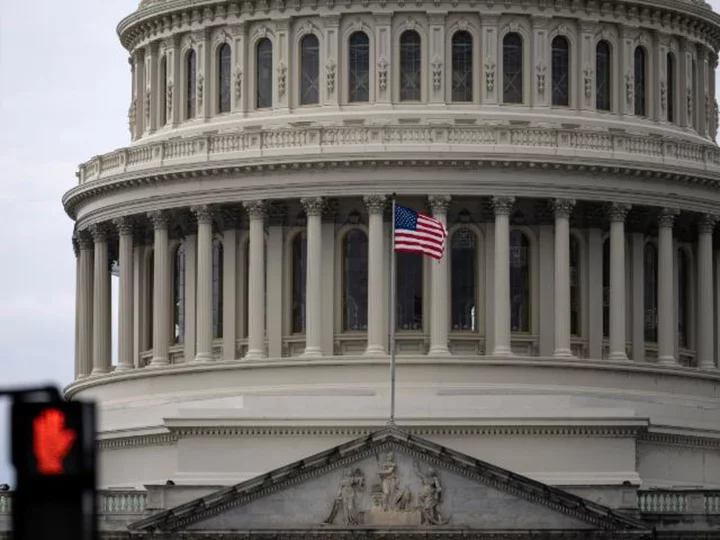(Reuters) -Slovakia will impose temporary controls on its border with Hungary due to a rising number of illegal migrants, it said on Wednesday, following moves by Poland, the Czech Republic and Austria to tighten their own borders with Slovakia.
Slovakia has faced an eleven-fold increase this year in the number of illegal migrants, largely coming from the Middle East and Afghanistan, crossing into the country from Hungary as they head to Germany and Western Europe.
Central European countries, while taking in Ukrainian refugees after Russia's invasion, have generally united together in opposing taking in other asylum seekers. They have also faced friction over periodic tightening of their borders that hits cross-border traffic and business.
Slovakia's checks on its border with Hungary will start on Thursday and last 10 days.
The Czech Republic, Poland and Austria already started temporary controls on their borders with Slovakia on Wednesday, while Germany introduced new controls with Poland and the Czech Republic last week.
Slovak Prime Minister Ludovit Odor said such unilateral steps by EU countries were causing a "chain reaction".
"We prefer a European solution," he said, adding he would raise the point of more controls at the EU's external border at an upcoming summit.
Odor, serving as a caretaker until a new government takes office following an election on Sunday, had previously resisted calls to impose border controls. The election was won by former Prime Minister Robert Fico, who took a hard line on immigration in the campaign and is now trying to form a coalition.
Odor said Slovakia had to introduce controls after its neighbours did, citing an upcoming Oct. 15 election in Poland as driving steps there which caused other countries to follow.
"Poland is before elections, such rhetoric appears, and then the Czech Republic reacts and so does Austria. And then Slovakia also, which doesn't want to hold the wrong card at the end."
Slovakia's government said nearly 40,000 illegal migrants have passed into Slovakia since the start of the year. In September alone, illegal migration figures were as high as in all of 2022.
(Reporting by Jan Lopatka and Jason Hovet, editing by Deborah Kyvrikosaios)









